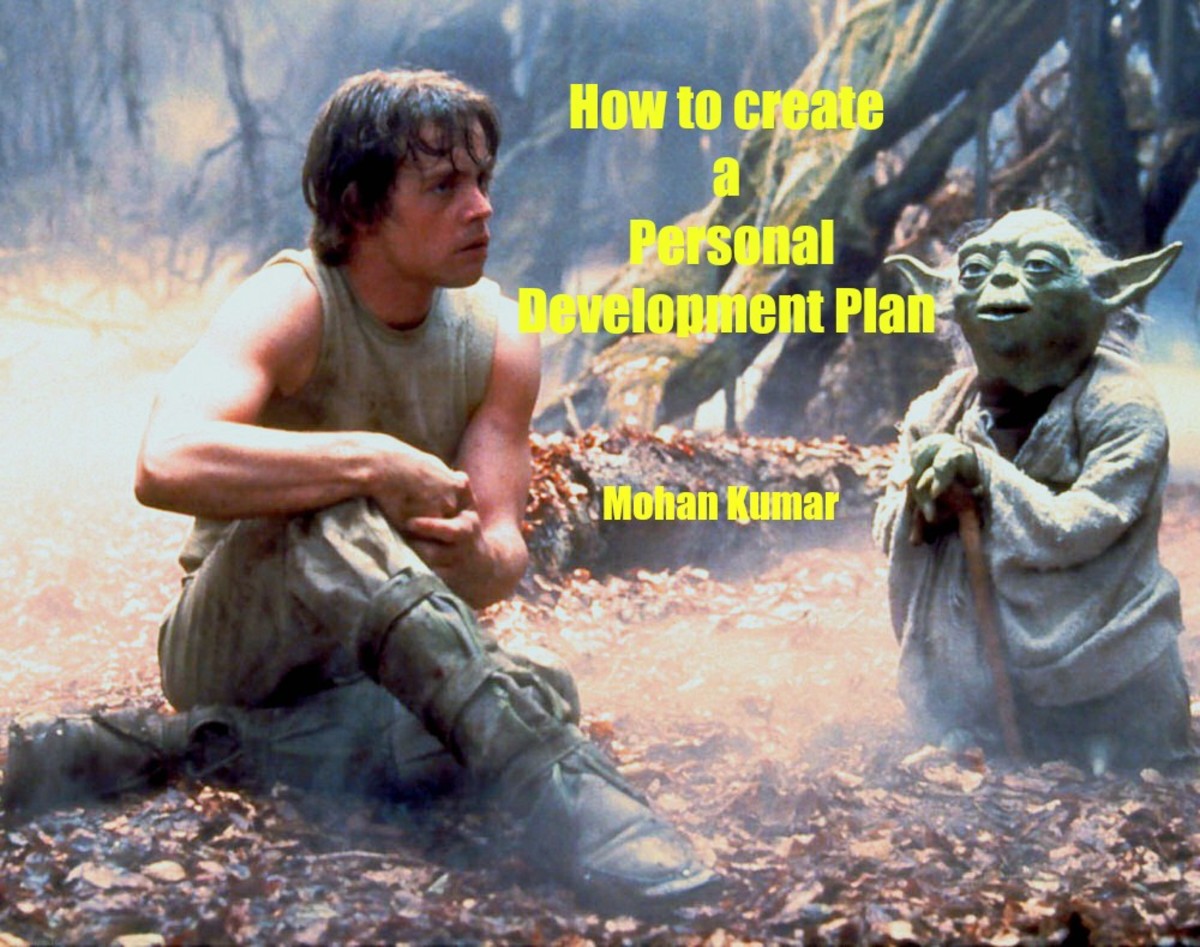The Power of Follow Through
A common pet peeve among many is the lack of follow-through. Whether you are a business owner, work outside the home, or are an aspiring entrepreneur, you need to learn the power of follow-through. It can completely change your outlook on business and life. It can transform the way you think about your daily life. When you learn how to follow through on every aspect of your life, you will become happier and will be more well-received among your peers.
There are three main aspects of follow through to grab hold to: consistency, responsibility, and dependability.

Consistency
A lot of people relate consistency to boredom. They think being consistent means living a hum-drum life that is boring and void of fun. This could not be farther from the truth.
Consistency, in life and business, simply means you are available and present at all times, regardless. When you are consistent, there is never a question of whether or not you can be called upon. Your actions, thoughts, words, and deeds display that air of consistency, telling others that you are a man/woman of your word.
Responsibility
Responsibility and trustworthiness go hand-in-hand. When you are a responsible person, others have no worry whether or not you will fulfill your end of things. Being a responsible person means when duty calls, you are there to do the job.
Dependability
So few people are dependable anymore, that this term is sometimes hard to even grasp. Being dependable in a world full of excuses will set you apart from the crowd. There may be times when you are asked to do things you may not necessarily want to do. If you come through, though, you will often find that those moments of crisis can turn into a very profitable network, from which you can glean prospects later on.
Consistency, responsibility, and dependability play a huge role in the power of follow through. Without any of these three aspects, you will be less likely to stand up to tests or challenges in life.
This content is accurate and true to the best of the author’s knowledge and is not meant to substitute for formal and individualized advice from a qualified professional.
© 2009 Hope Wilbanks



